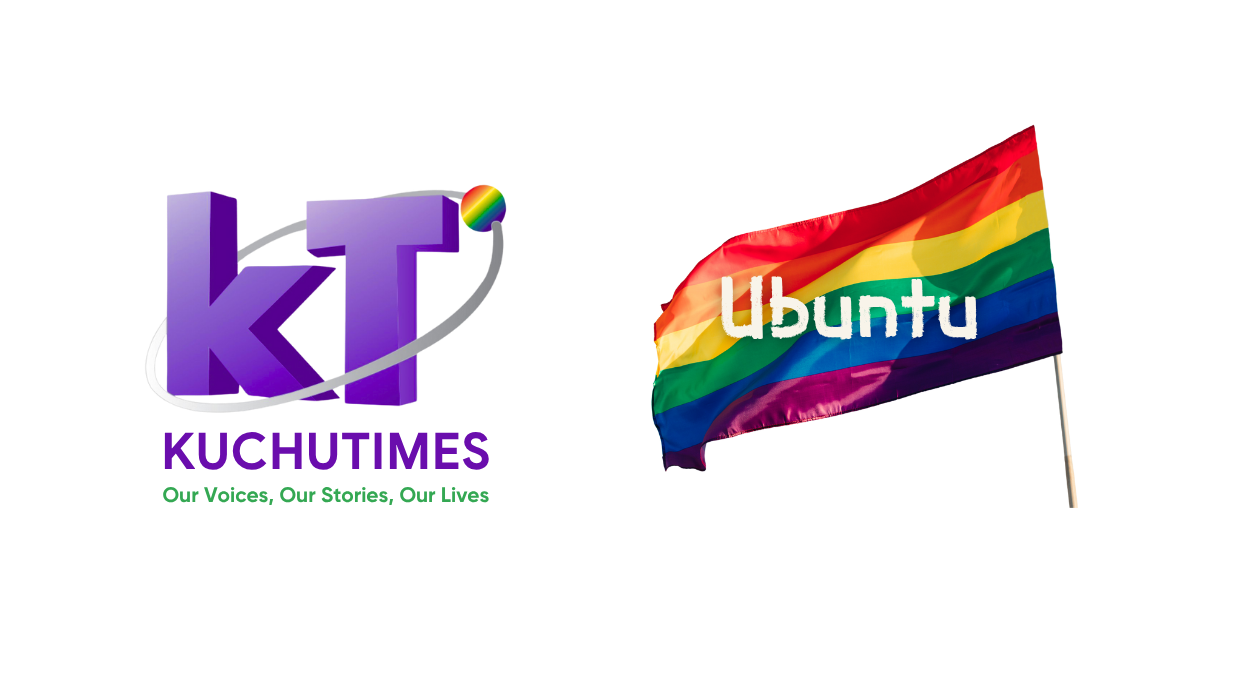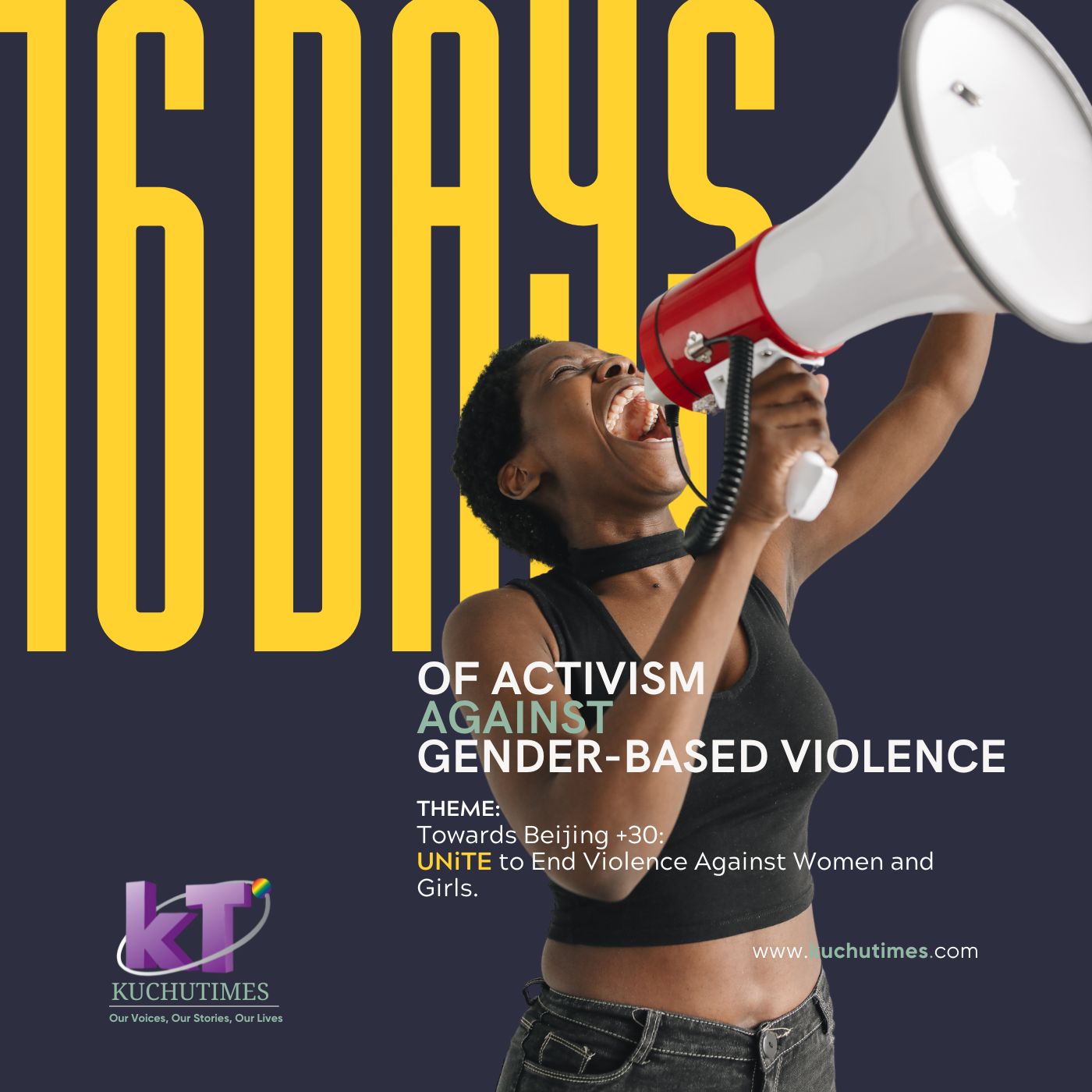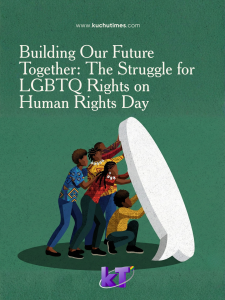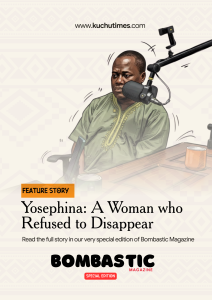Revisiting the Beijing Declaration: Reflecting on 30 Years of Progress and Gaps in Inclusion
At Kuchu Times Media Group, a platform dedicated to amplifying the voices of LGBTQ+ individuals in Uganda and beyond, we reflect on the Beijing Declaration and Platform for Action with both gratitude and critical concern. This landmark agreement, born out of the Fourth World Conference on Women in 1995, was a revolutionary step in advancing gender equality globally. However, as we approach the 30th anniversary of the declaration, it is imperative to assess its impact, especially through the lens of inclusion for marginalized groups such as sexual and gender minorities and women living with disabilities.
The Beijing Declaration was groundbreaking for its time. Its ambition to tackle issues like education, health, violence, and economic inequality for women set the stage for a global conversation on gender equality. Yet, while it boldly declared that “women’s rights are human rights,” it did not adequately account for the diversity of women’s lived experiences.
Sexual and gender minorities, including lesbian, bisexual, transgender, intersex, and queer (LBTIQ+) women, were notably absent from the declaration’s framework. The omission of explicit language about sexual orientation, gender identity, or the rights of women living with disabilities left vast populations unacknowledged. This exclusion was not merely an oversight but a reflection of the broader socio-political climate of the time, where addressing such issues was considered too controversial or complex.
Similarly, the unique barriers faced by women with disabilities—including heightened vulnerability to gender-based violence, lack of accessible healthcare, and exclusion from education and employment opportunities—were insufficiently addressed. The lack of a comprehensive approach to their inclusion has had lasting consequences, perpetuating systemic barriers that could have been addressed more effectively if built into the original framework.
Despite being left out of the official framework, marginalized groups of women have refused to remain invisible. Over the past 30 years, sexual and gender minorities and women with disabilities have built vibrant movements, achieved notable victories, and laid the groundwork for a more inclusive feminist agenda.
Advocacy efforts across Africa have made significant strides in advancing LGBTQ+ rights, successfully challenging oppressive laws to decriminalize same-sex relationships in some countries and gaining greater recognition of gender diversity in others. Activists have also pushed for the inclusion of LGBTQ+ issues in sexual and reproductive health agendas, ensuring improved access to HIV prevention, mental health services, and other essential healthcare. Additionally, platforms like Kuchu Times have played a pivotal role in amplifying LGBTQ+ narratives, fostering representation, and challenging harmful stereotypes, contributing to a cultural shift toward acceptance and understanding.
For women with disabilities, the fight has been similarly transformative. Their advocacy has pushed for accessible education, health services, and the recognition of their sexual and reproductive health rights. Women-led organizations have championed the inclusion of disability perspectives in policy making, resulting in legal reforms and programs designed to address their specific needs.
These victories are a testament to the determination of marginalized communities. However, they have come at a cost. The energy and resources required to address systemic exclusions could have been redirected towards scaling successes had these groups been included in the Beijing framework from the outset.
For example, if the Beijing Declaration had explicitly recognized sexual and gender minorities, countries could have been held accountable for addressing LGBTQ+ rights as a matter of global consensus. Similarly, if the declaration had centered the needs of women with disabilities, it might have catalyzed earlier investments in accessible infrastructure, inclusive education, and targeted healthcare services.
The cost of exclusion is measured not only in missed opportunities but also in lives lost to violence, discrimination, and neglect. For many, progress has been too slow and too hard-fought.
A Call for Radical Inclusion
As we approach the 30th anniversary of the Beijing Declaration, it is time to revisit its framework with a renewed commitment to radical inclusion. The world has changed since 1995. Conversations about sexual and gender diversity, intersectionality, and the rights of persons with disabilities are no longer peripheral but central to achieving true equality.
To achieve meaningful inclusion, the declaration must explicitly address the unique challenges faced by LBTIQ+ individuals and women with disabilities, ensuring their voices and experiences are integral to its commitments. Strengthening accountability is essential, with member states required to report progress toward inclusion using clear benchmarks for marginalized groups. Governments and international organizations must prioritize funding initiatives led by and for these communities, recognizing their leadership in driving change. Additionally, policies and programs should adopt intersectional approaches, addressing the overlapping impacts of gender, sexuality, disability, race, and other identities to comprehensively tackle systemic inequalities.
The Beijing Declaration remains a symbol of hope and progress. However, its vision of equality will remain incomplete until it recognizes and includes all women, in their full diversity. The past three decades have shown us that when marginalized groups are left out, they will organize themselves and achieve remarkable victories. Yet, the full potential of these movements can only be realized when they are supported and valued as equal partners in global gender equality efforts.
At Kuchu Times, we continue to amplify the voices of those who have been silenced for too long. As we look toward Beijing+30, let us push for a future where no woman, regardless of her sexual orientation, gender identity, or ability, is left behind. The path to true equality is not through exclusion but through radical inclusion and unwavering solidarity.




